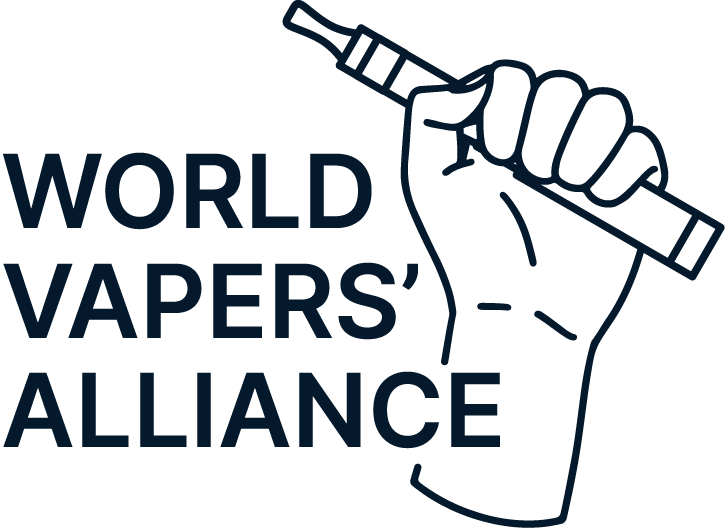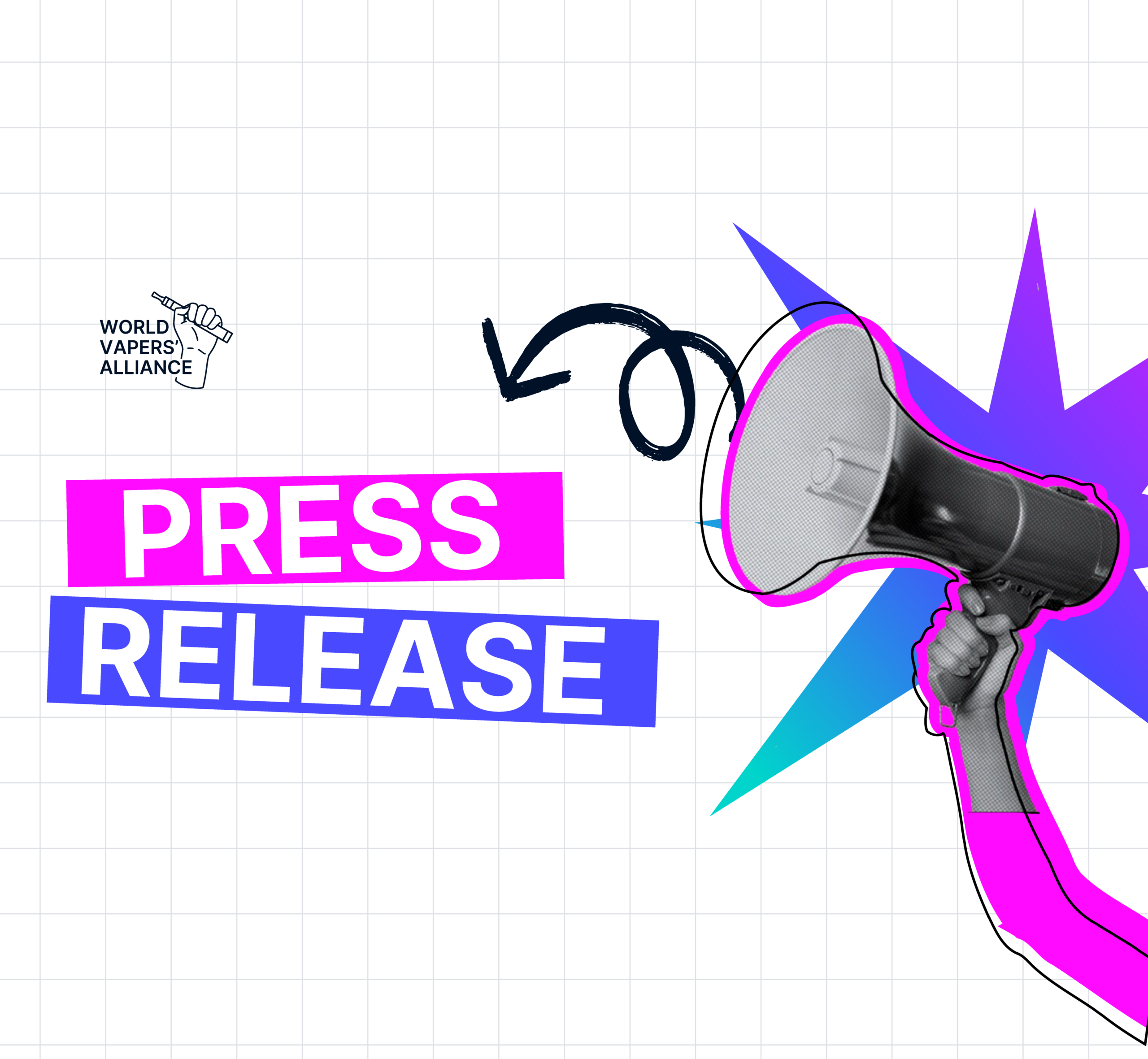Da immer mehr Menschen das Dampfen als Alternative zum Rauchen wählen, sind Diskussionen über dessen Regulierung und Besteuerung weltweit zu brisanten Themen geworden, und Südafrika bildet da keine Ausnahme. Ein häufig diskutiertes Thema ist die Idee, die Steuern auf E-Zigarettenprodukte zu erhöhen.
Auch wenn die Absicht darin bestehen mag, Bedenken hinsichtlich der öffentlichen Gesundheit auszuräumen und Staatseinnahmen zu generieren, ist es unerlässlich, die potenziellen Fallstricke eines solchen Vorgehens kritisch zu untersuchen.
In einer kürzlich erschienenen Meinungsbeitrag veröffentlicht in Das Gespräch, Die Professorinnen Nicole Vellios und Corne van Walbeek äußerten Bedenken hinsichtlich des aktuellen Steuervorschlags der südafrikanischen Regierung. In ihrem Artikel plädieren sie für eine Mindestverbrauchssteuer auf alle Verdampfungsprodukte und für eine Erhöhung der Verbrauchssteuer auf E-Zigaretten um die Inflationsrate zuzüglich eines zuvor angekündigten Prozentsatzes.
Unbeabsichtigte Folgen
Eine automatische weitere Steuererhöhung würde Dampfer ungewollt wieder zum Rauchen oder in den unregulierten Schwarzmarkt treiben. Für diejenigen, die durch das Dampfen erfolgreich mit dem Rauchen aufgehört haben, könnten Steuererhöhungen eine finanzielle Belastung darstellen, die sie zum Rückfall verleitet.
Solche unbeabsichtigten Folgen könnten die gesundheitlichen Probleme im Zusammenhang mit dem Rauchen verschärfen und die Erreichung der allgemeinen Ziele der öffentlichen Gesundheit behindern.
Es gibt reichlich Beweis dass E-Zigaretten und Zigaretten Ersatzprodukte sind. Einerseits ist dies positiv, da E-Zigaretten nachweislich deutlich weniger schädlich sind als Rauchen. Dass sich Konsumenten für die weniger schädliche Alternative entscheiden, ist erfreulich. Andererseits ist aufgrund der Tatsache, dass es sich um Ersatzprodukte handelt, mit strengeren Regulierungen und Steuererhöhungen auf E-Zigarettenprodukte werden zu höheren Raucherquoten führen..
Lesen Sie den vollständigen Text Hier







